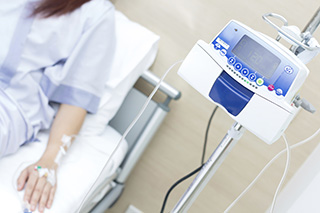Is there any benefit to half-strength chemotherapy given to patients experiencing side effects from the drug or due to decreased functional status? It seems that diluting the chemotherapy is not recommended because of cell tolerance and developing resistance to the chemotherapy. I see many elderly patients receive half-strength chemotherapy, and it does not seem to make them sicker. What are some thoughts on this strategy?
Most evidence suggests that the relative effectiveness and safety of chemotherapy is similar for patients with cancer who are older than 65 years vs those who are younger. When differences are reported, treatment effects are more often worse among the elderly.
Data suggest that without other reasons for withholding treatment, elderly patients should receive chemotherapy the same as nonelderly patients. Reducing the number and/or dose of cancer therapy would typically trade reduction in toxicity for reduction in efficacy. This may be especially relevant where the goal is cure vs palliation.
In general, if a caregiver feels the patient should not receive full doses of therapy, then best supportive care should be taken into strong consideration, as opposed to an unsubstantiated dose and/or schedule of cancer therapy. I often see no harm in starting low and dose escalating to tolerance when the goal is palliation, but to settle on a low and possibly nonefficacious dose would not be the best route to follow. —Donald R. Fleming, MD
